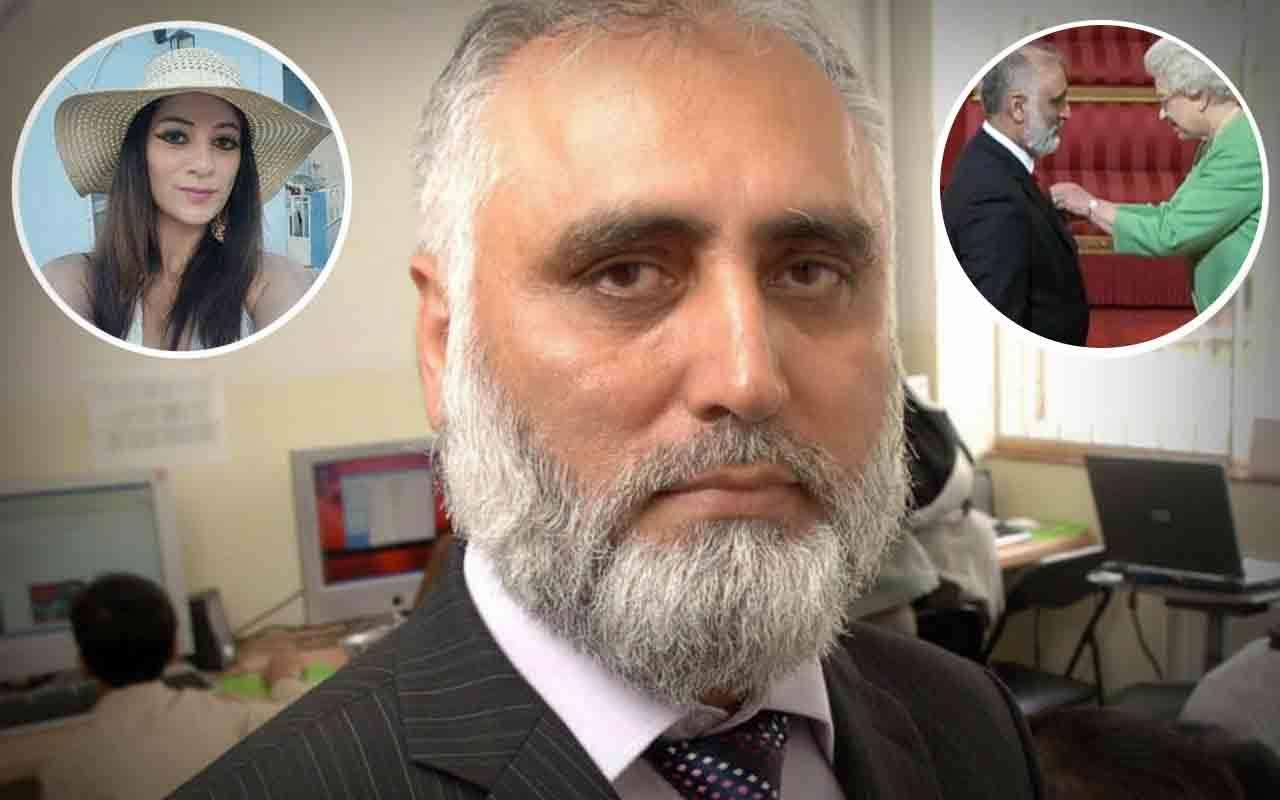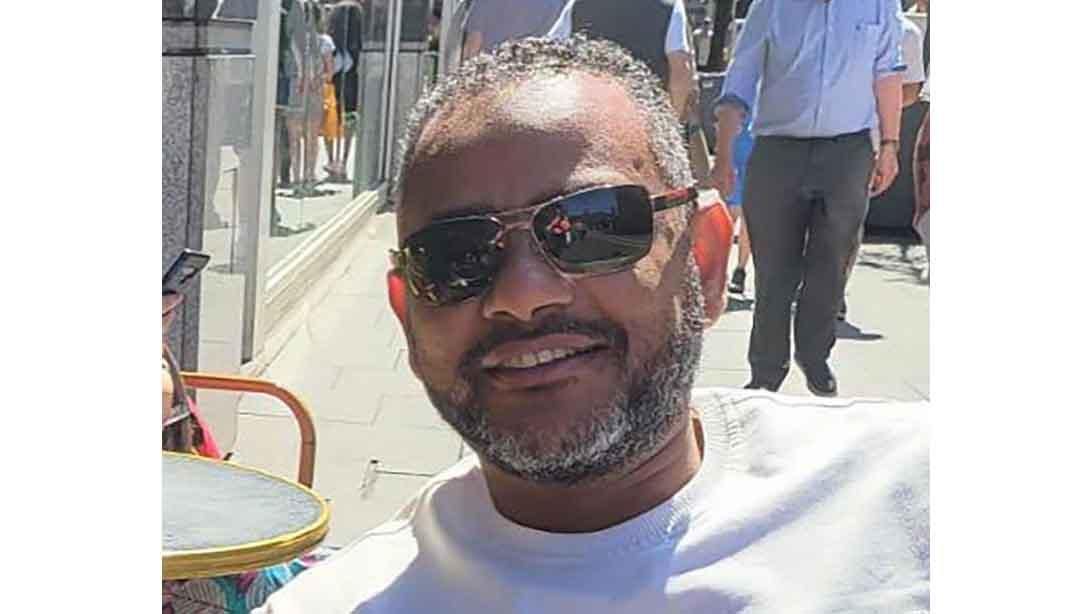Second NHS Error This Year Leaves Nottinghamshire Families Unaware of Babies' Genetic Blood Test Results
Nottinghamshire: Hundreds of families in Nottinghamshire are grappling with uncertainty after a significant NHS error meant they were potentially never informed about whether their babies were carriers of genetic blood disorders, including the trait for sickle cell disease. This marks the second such failing within the NHS to come to light in England since the beginning of the year, raising serious questions about the robustness of communication systems for vital newborn screening results.
The latest incident affects approximately 300 families whose children were born between 2004 and September 2024 in the Bassetlaw and mid-Nottinghamshire areas. NHS England has identified that changes in the process of relaying genetic testing outcomes meant these parents may have been left unaware of whether their child carried a trait for sickle cell disease or an unusual haemoglobin gene.
In response to the error, NHS England stated that it has begun contacting the affected families directly via letter. The aim is to ensure parents understand the implications of being a carrier for themselves and their children.
The NHS has also indicated that steps have been taken to rectify the communication process within the region to prevent future occurrences. Notably, Nottingham University Hospital’s local haemoglobinopathy team has now expanded its remit to deliver sickle cell carrier status screening results to parents of children across the entirety of Nottingham and Nottinghamshire. Previously, this notification pathway only covered the city and the southern parts of the county.
Sickle cell disease predominantly affects individuals of African-Caribbean descent. Identifying the sickle cell trait is crucial as, while carriers typically do not exhibit symptoms of the disease, research suggests they may have specific medical needs, particularly concerning anaesthesia. The trait can also impact women during pregnancy, and carriers might experience pain during intense physical exertion and at high altitudes. Furthermore, if both parents are carriers, there is a 25% chance their child will inherit sickle cell anaemia.
This latest revelation follows a similar incident in January, where it was reported that an NHS error in Derbyshire led to over 800 families not receiving the results of newborn heel prick tests. These families were also left uninformed about whether their child carried the trait for sickle cell disease or an unusual haemoglobin gene. NHS officials issued a "wholehearted" apology at the time, acknowledging that the error "shouldn't have happened" and launching an investigation.
John James, Chief Executive of the Sickle Cell Society, expressed his profound concern over this recurring issue. "It is unacceptable that, once again, families have not been informed of their children’s newborn screening results," he stated. "The fact that this issue has now emerged in another area, over a 20-year period, highlights a catastrophic weakness in the NHS’s system for communicating test results – with distressing consequences for parents and individuals who remain unaware of this vital information."
He emphasized that while carriers do not have sickle cell disorder, knowing their carrier status is essential for their long-term health, well-being, and future family planning. James welcomed the NHS’s efforts to address the situation in Nottinghamshire but urged those responsible to provide assurances that processes in all other areas of England are robust and reliable. "It should not take repeated failures for basic procedures to be fixed. Getting screening right isn’t optional – it’s essential," he asserted.
An NHS spokesperson offered an apology, saying: “We are sorry that we failed to inform some families in Bassetlaw and mid-Nottinghamshire that their children were carrying the sickle cell or unusual haemoglobin genes immediately following the results being available. We are putting in place a robust process to make sure this does not happen again.”








.svg)


